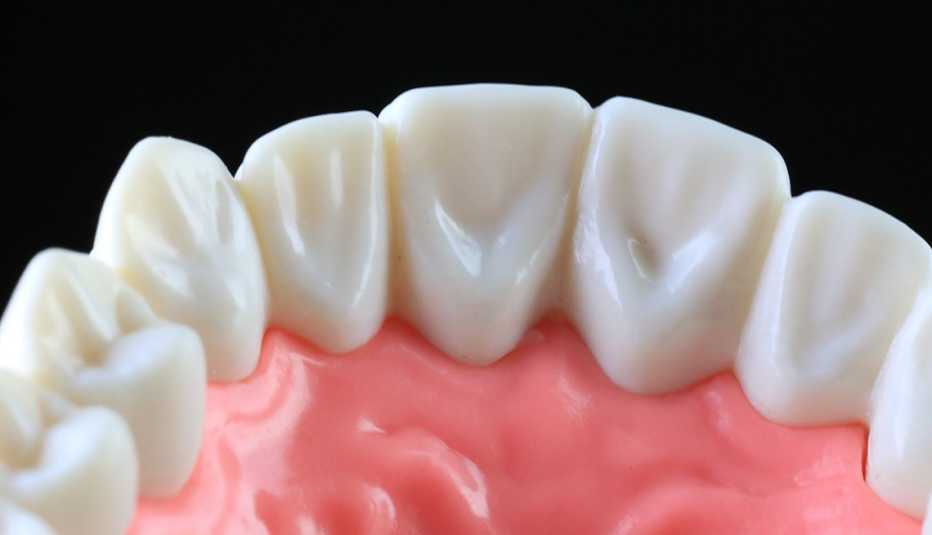
Essential Practices for a Healthy Smile: Nurturing Gum Health
Gum health is a crucial aspect of overall oral well-being, and its significance often goes beyond the spotlight. This article explores essential practices that contribute to nurturing gum health, fostering not only a beautiful smile but also maintaining the foundation for strong and healthy teeth.
Understanding the Importance of Gum Health: More Than a Cosmetic Concern
Gums play a vital role in oral health, providing support to teeth and acting as a protective barrier. Beyond aesthetics, gum health is a key factor in preventing issues such as gum disease and tooth loss. Understanding the importance of gum health motivates individuals to prioritize effective oral care practices.
Daily Brushing and Flossing: Foundation of Gum Care
The cornerstone of gum health lies in daily brushing and flossing. Brushing removes plaque from tooth surfaces, while flossing reaches areas between teeth and below the gumline. Consistent removal of plaque prevents the buildup of harmful bacteria that can lead to gingivitis and more severe gum diseases.
Proper Brushing Technique: Gentle and Thorough Care
While brushing is fundamental, the technique matters. Using a soft-bristled toothbrush and gentle, circular motions ensures effective plaque removal without causing irritation to the gums. It’s crucial to brush not only the teeth but also the gumline, where bacteria can accumulate and lead to inflammation.
Flossing: Reaching the Unseen Spaces
Flossing is an often overlooked but indispensable practice for gum health. It reaches areas between teeth that a toothbrush can’t access, removing trapped food particles and preventing the formation of plaque. Daily flossing contributes to gum health by reducing the risk of gum disease and promoting overall oral hygiene.
Antimicrobial Mouthwash: Enhancing Gum Protection
Incorporating an antimicrobial mouthwash into the oral care routine adds an extra layer of protection for gums. Mouthwash helps reduce bacteria that can contribute to gum disease and provides additional support for maintaining optimal gum health. It is particularly beneficial for those with a history of gum issues.
Regular Dental Checkups: Professional Oversight for Gum Health
Regular dental checkups are essential for maintaining gum health. Dentists can detect early signs of gum disease, provide professional cleanings to remove plaque and tartar, and offer personalized advice on oral care. Professional oversight ensures that any potential gum issues are addressed promptly.
Balanced Diet: Nutritional Support for Gums
A balanced diet contributes not only to overall health but also to gum well-being. Nutrients like vitamin C, vitamin D, and calcium play a role in supporting gum health. Including fruits, vegetables, dairy products, and foods rich in essential vitamins and minerals fosters a nutritional environment conducive to gum health.
Avoiding Tobacco: A Critical Factor in Gum Care
Tobacco use is a significant risk factor for gum disease. Smoking and chewing tobacco can lead to gum inflammation, increased plaque buildup, and compromised blood flow to the gums. Quitting tobacco is a crucial step in preserving gum health and preventing severe periodontal issues.
Managing Stress: Impact on Gum Health
Stress can contribute to oral health issues, including gum problems. Chronic stress may affect the immune system’s response, making the gums more susceptible to inflammation and disease. Implementing stress management techniques, such as exercise, meditation, or hobbies, can positively impact gum health.
Gum Health: A Comprehensive Resource for Oral Well-Being
For additional insights into nurturing gum health and maintaining optimal oral well-being, explore Gum Health. This comprehensive resource offers expert advice, tips, and guidance to support your journey towards healthier gums and a radiant smile.
In conclusion, nurturing gum health is a fundamental aspect of comprehensive oral care. By embracing daily brushing and flossing, maintaining proper oral hygiene techniques, and incorporating professional dental oversight, individuals can foster healthy gums that contribute to a strong foundation for overall oral well-being.

